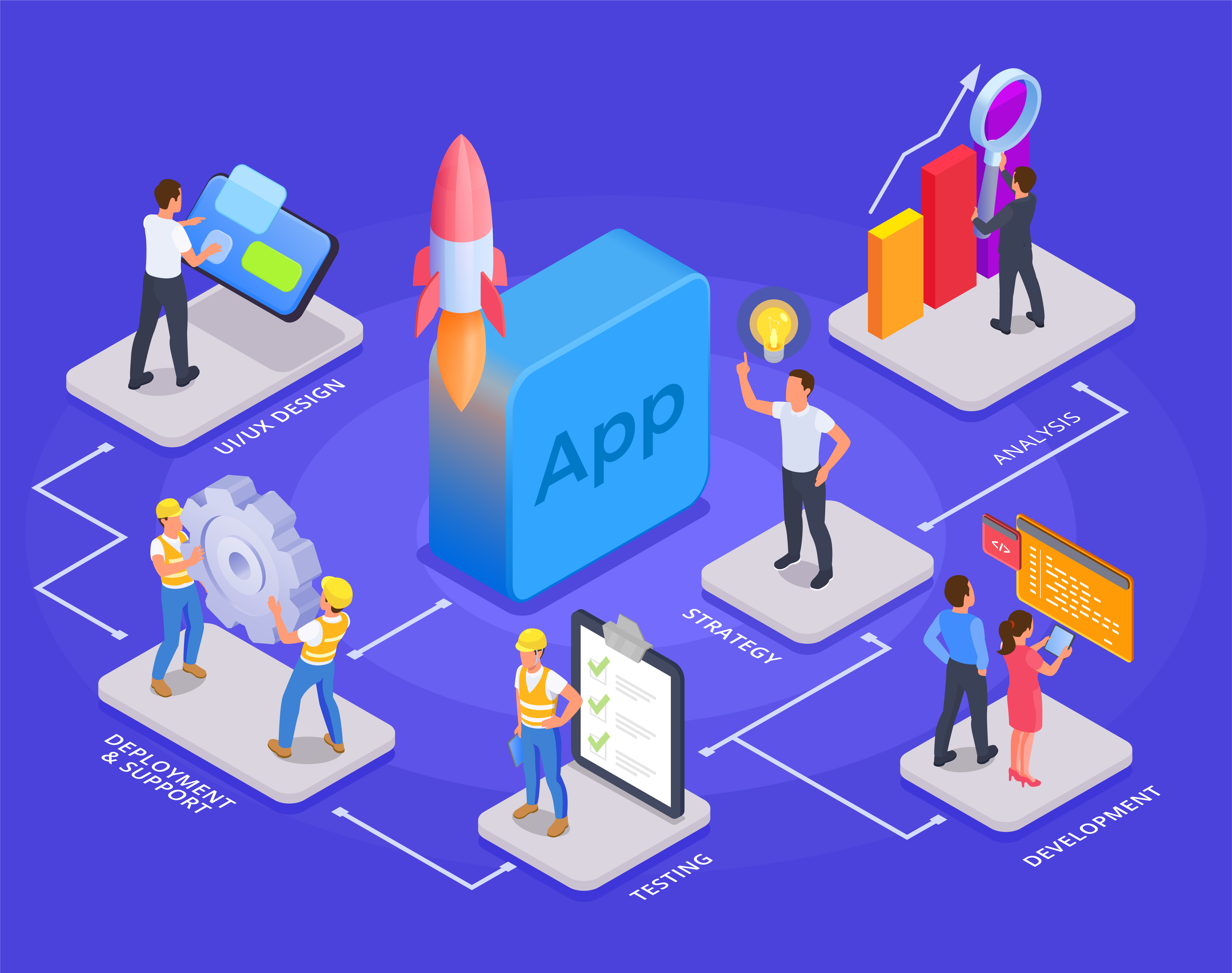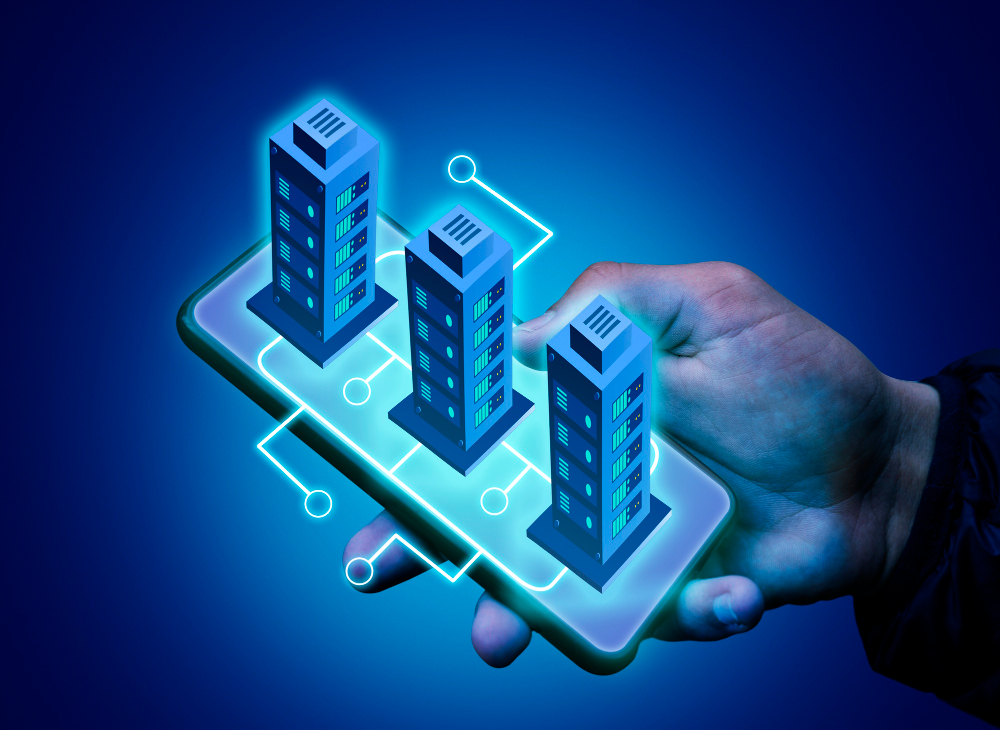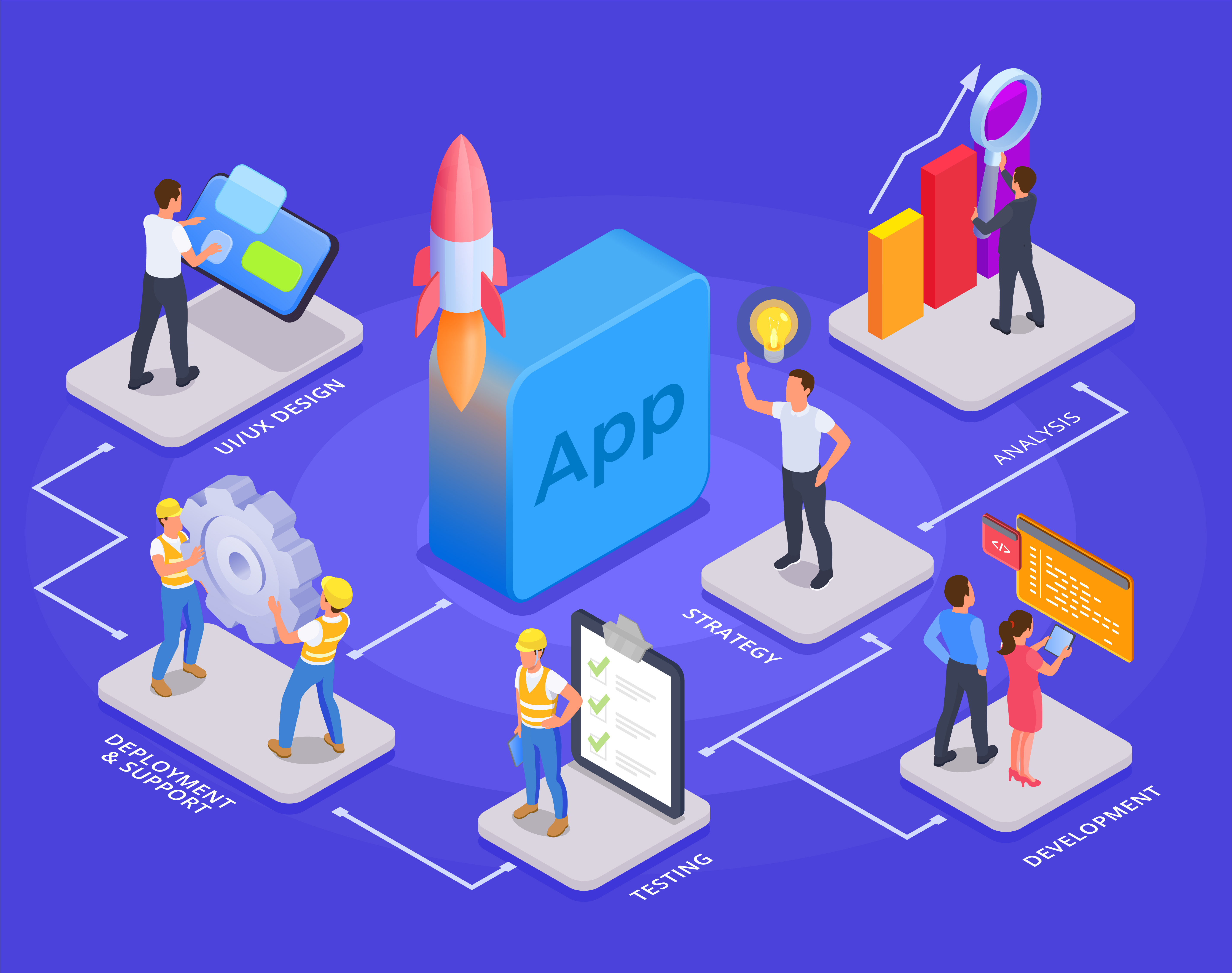How Asset Tokenization Platform Development is Transforming Dubai’s Investment Landscape

Strong 8k brings an ultra-HD IPTV experience to your living room and your pocket.
Dubai has consistently positioned itself at the forefront of digital transformation and financial innovation. With the rise of blockchain technology, the city has actively explored next-generation solutions, including asset tokenization platform development, to modernize financial systems, enhance transparency, and democratize access to high-value assets.
Asset tokenization refers to the process of converting physical or intangible assets—such as real estate, art, commodities, or equity—into digital tokens on a blockchain platform. These tokens represent ownership or a share in the asset and can be traded seamlessly on digital platforms. In Dubai, where the government is aggressively promoting blockchain adoption, asset tokenization offers unique benefits for businesses, investors, and the economy at large.
What is Asset Tokenization Platform Development?
Asset tokenization platform development involves building robust, secure, and scalable blockchain-based platforms that facilitate the issuance, management, and trading of tokenized assets. These platforms provide the technological infrastructure needed to digitize ownership rights and transfer them via smart contracts in a decentralized and immutable environment.
Dubai's government initiatives, such as the Dubai Blockchain Strategy and Emirates Blockchain Strategy 2021, create a conducive environment for such technological advancements, encouraging private and public sector participation in blockchain projects.
Key Benefits of Asset Tokenization on Blockchain in Dubai
1. Increased Liquidity of Illiquid Assets
One of the most significant advantages of asset tokenization is improved liquidity. In traditional markets, assets like real estate or fine art are difficult to sell quickly due to high value, regulation, and a limited buyer base. By tokenizing these assets, Dubai investors can break them into smaller digital units, making them accessible to a broader audience.
These fractional tokens can be bought, sold, or traded on secondary markets 24/7, improving liquidity and enabling easier exits for investors.
2. Democratization of Investment
With asset tokenization platform development, Dubai is moving toward financial inclusivity. Tokenization enables small and medium-sized investors to participate in opportunities previously reserved for high-net-worth individuals or institutional players. For example, instead of buying an entire commercial property, investors can purchase a fraction via tokens.
This opens up diversified investment avenues for individuals and businesses, allowing them to build portfolios across different asset classes.
3. Enhanced Transparency and Security
Blockchain’s inherent transparency, immutability, and decentralized nature make it an ideal technology for asset tokenization. Every tokenized asset on the blockchain is recorded with its full transaction history, ownership proof, and compliance documentation.
In Dubai, where regulatory compliance is crucial for investor protection, blockchain-based platforms ensure data integrity, reduce fraud risks, and provide full audit trails that increase trust among all stakeholders.
4. Cost and Time Efficiency
Traditional asset transactions involve multiple intermediaries—brokers, legal consultants, custodians, and banks—which significantly increase transaction time and costs. Blockchain-based asset tokenization platforms eliminate many of these intermediaries by automating processes using smart contracts.
In Dubai’s fast-paced real estate and financial markets, faster and more cost-effective transactions can be a game-changer, attracting international investors seeking efficiency and reduced friction.
5. Programmable Ownership and Compliance
Asset tokenization platforms can embed compliance rules directly into tokens via smart contracts. This ensures that all transactions meet legal and regulatory requirements automatically. For example, know-your-customer (KYC) and anti-money laundering (AML) checks can be integrated directly into token issuance and trading processes.
In a regulated environment like Dubai, where the Virtual Assets Regulatory Authority (VARA) oversees crypto and blockchain innovation, programmable compliance enhances security and aligns with government standards.
6. Global Accessibility and Cross-Border Investment
Dubai is a global business hub that attracts international capital. Asset tokenization platforms allow global investors to access Dubai-based assets digitally without geographic restrictions. Foreign investment in real estate, luxury goods, or private equity can now happen seamlessly, facilitated by blockchain technology.
This not only boosts Dubai's visibility on the global investment map but also supports its vision to become the world’s blockchain capital.
Use Cases of Asset Tokenization in Dubai
Real Estate Tokenization: Dubai’s real estate sector is ripe for disruption. Developers can raise capital faster, offer property fractions to investors, and reduce transaction times. Projects like tokenized hotels, apartments, and commercial buildings are already being piloted.
Commodities and Gold: Dubai’s strategic role as a global gold trading center makes it ideal for tokenizing precious metals. Tokenization allows fractional ownership of gold bars stored in Dubai vaults, improving accessibility and liquidity.
Luxury Assets: Cars, watches, artwork, and collectibles can also be tokenized and traded through regulated platforms, creating new monetization paths for asset holders.
Why Dubai Is the Ideal Environment for Asset Tokenization
Dubai's proactive approach to regulation, strategic government backing, advanced infrastructure, and tax incentives make it a fertile ground for asset tokenization platform development. With VARA providing clear regulatory guidelines for digital assets and the Dubai International Financial Centre (DIFC) fostering fintech innovation, businesses and startups can thrive.
Moreover, the presence of global financial institutions, tech hubs, and investor communities accelerates platform adoption and development in the region.
Conclusion
Asset tokenization on blockchain is revolutionizing how we perceive, manage, and invest in assets—and Dubai is at the center of this transformation. Through strategic asset tokenization platform development, the city is enabling greater financial inclusion, improving liquidity, and paving the way for a future where asset ownership is digital, accessible, and secure.
As Dubai continues to lead in blockchain innovation, now is the time for businesses, investors, and entrepreneurs to explore the transformative potential of asset tokenization platforms in this dynamic and fast-evolving ecosystem.
Note: IndiBlogHub features both user-submitted and editorial content. We do not verify third-party contributions. Read our Disclaimer and Privacy Policyfor details.







